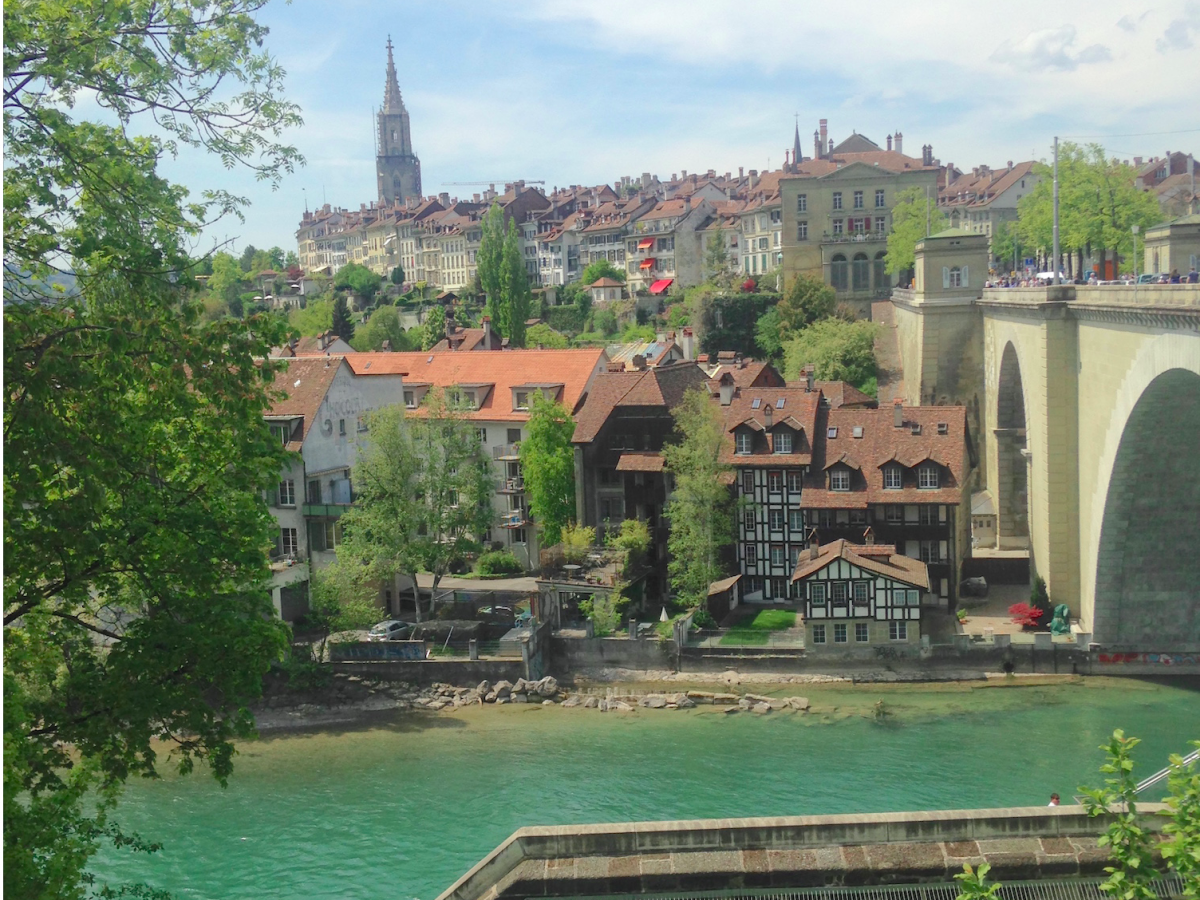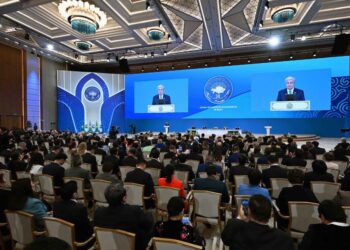[:pb]
What it’s really like to live in one of the cities with the best quality of life in the world
Lianna Brinded, Business Insider
Bern in Switzerland is considered one of best cities to live in the world.The Alpine city ranked 14th in the annual “Quality of Living Index” of one of the world’s largest HR consultancy firms, Mercer, and as the second-safest city in the world in the group’s separate rankings.According to London-based think tank Legatum Institute in its annual global Prosperity Index, Switzerland overall is the second happiest, richest, healthiest, and most crime-free country in the world.Glassdoor also showed that Switzerland has the best standard of living in Europe because of its on average high salaries of over €50,000 (£39,038, $56,838) and strong purchasing power.Basically, Bern sounds pretty amazing. Travel experts point out that it’s underrated because it is less well known than Switzerland’s huge financial hubs, Zurich and Geneva.So what makes Bern great?Rebecca Griffiths is a cardiovascular admissions manager for a large NHS Foundation Trust in London, but she went to Switzerland for a month to experience and learn about the healthcare system as part of the multidisciplinary Hope Exchange programme.”The quality of life in Switzerland, and very much so in Bern, is of a very high standard. People take care of themselves. Work-life balance was good,” Griffiths said.She gave us the inside track on why the Swiss city is so incredible and one of the best places to live and work in the world and how it compares to London:

One of the biggest differences between London and Bern was the incredible scenery.
“The medieval part of Bern is amazing. The river is also beautiful. It’s so clean you can drink from it, and people use it for swimming in the summer,” she said.
Even the view from her apartment was vastly different and was really calming.
Her commute was also a lot less crowded than the London tube network. And if you didn’t want to walk, Griffiths said: “Bern has excellent public transport, which means your train/bus often arrives early if not on time.”
“I like that the whole city was walkable, and I also spent time on the lawns near the public lidos at Marzili. I absolutely loved walking five minutes to work, and I do not look forward to my first cramped train commute when I’m back in the UK,” said Griffiths.
Once she got to work, she said the difference in terms of work-life balance was very different. Here she is with Ana, a fellow from the Hope Exchange programme attendee.
She said that “the full-time contracted hours are longer than the UK, at around 42 hours per week. However my experience was that everyone made sure to have a proper lunch away from their desks and the workday really did finish at 4 p.m. to 5. p.m.”
Staff facilities were incredibly different to those in a UK hospital. For example, there was an outdoor staff canteen area on the roof.


“Bern is more relaxed than the other cities of Switzerland and there seems to be a running joke that everything runs a bit slower there too.”
She said that overall “the atmosphere was relaxed and it was perfectly situated to visit other areas like Zurich, Luzern, Biel, Basil and the surrounding mountainous regions.”
The nightlife was also a lot more upmarket and chilled out.
“My experience was that there is a big focus on nice dinners with good wine/beer,” she said, as opposed to Britain’s drinking culture.
“The town was often quiet during the week, especially if the weather was bad …
… but Thursday’s were busy due to late-night shopping and there seemed to be an r’n’b/hip-hop scene with lots of promoters and some awesome break dancing near the Bahnhof,” said Griffiths.
There is also a lot to see and do in terms of culture in Bern. For example, there is the Einstein Museum …
… and a park full of bears.
The food is also meant to be pretty spectacular. Griffiths recommended Steinhalle bistro for trendy, tasty lunches next to Einstein museum and Beaulieu restaurant for a great Rösti — a traditional Swiss potato dish.
There are only five downsides to Bern, Griffiths said. The first was how expensive everything was compared to London. (But this shouldn’t be a problem of course if you are on a Swiss salary, which is higher than the UK).
Secondly, “if you don’t want to get woken up at 5 a.m., do not stay near a church. The bells literally ring every 15 minutes, and it takes a while to adjust,” she said.
Thirdly, she said she missed having an Indian curry — a staple dinner dish in Britain. “Although I did manage to find a half decent Indian restaurant near the end, I missed making curries at home as the ingredients were so expensive to buy,” she said. For example, these usually retail for £1 in Britain but in Switzerland, a jar was being sold for the equivalent of £3.50.
She said she also missed smoke-free train stations, as “the platforms were unpleasant.”
And lastly, this “creepy, yet hilarious” statue of a man eating babies near the landmark Zytglogge tower in Bern.
[:]




























